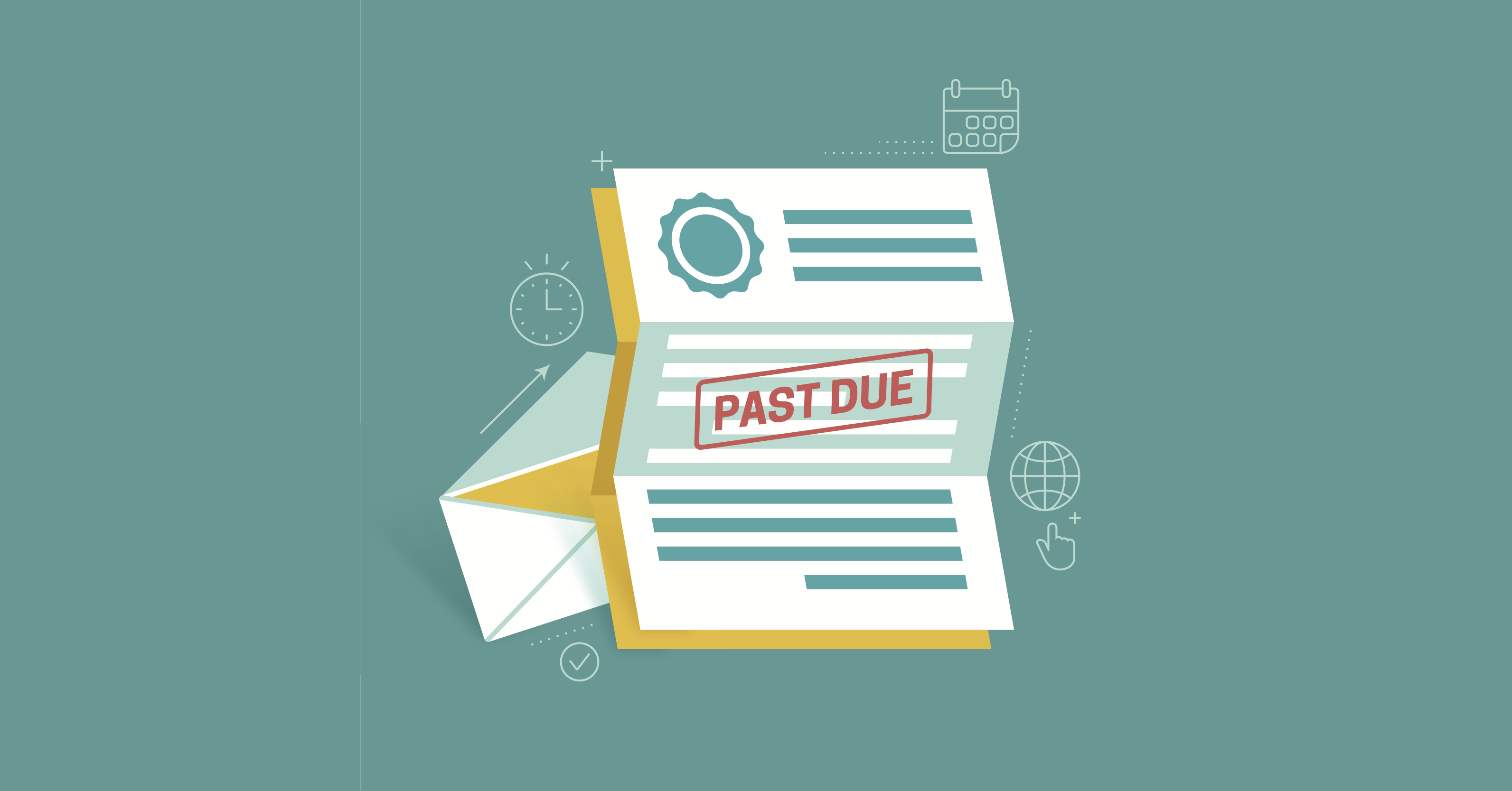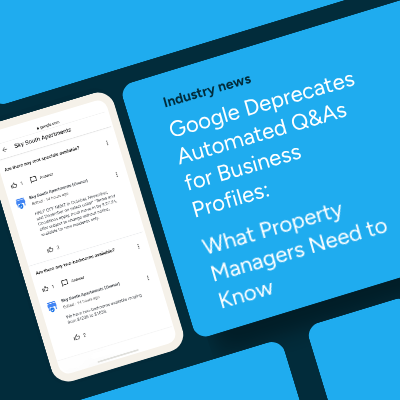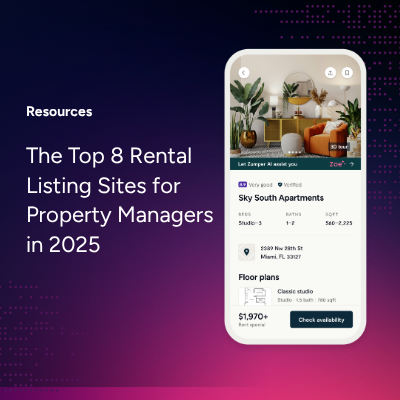
Collecting rent can be a daunting task. In an ideal world, your renter pays on time, every time, but in reality, that’s not always the case. As a landlord running a rental business, you rely on timely rent payments to pay your mortgage, utility bills, as well as collect personal income. So late payments are more than just an inconvenience, they can put you at financial risk. Here we’ll break down the business of charging late rent fees, when you can, how much you can charge, and what to do if you have a repeat offender.
What are late fees?
In the event you receive a late rent payment, you may be entitled to charge a late fee. Late fees penalize the renter for not making their due date or failing to make their rent payment in full, and often having a late fee policy in place is enough to keep renter’s accountable and paying on time.
How to calculate rent late fee
Late fees can either be a flat fee of say, $25 or $50, or a small percentage of the total monthly rent such as 3-5%. Keep in mind, the amount you can charge may be subject to local legislation.
When is rent considered late?
Determining when a payment is considered late can be subjective. That’s why it’s important to put these terms in your lease agreement. Not only should you clearly state which day of the month rent should be paid, such as the first or last day of every month, but you should indicate what it means to be ‘paid.’ For example, a renter may send payment on the due date, but it may not process, or clear, until a few days later.
Grace periods
While one day late may be one day too many for you, most states require you give renters the flexibility of a grace period. This means a renter has up anywhere from 3 to 5 days, for example, to pay their rent past the due date without it being considered late. Grace periods are helpful for renters given that their pay cycle may not line up with their rent schedule. If your rent due date falls on a weekend or holiday from time to time, it gives renters a buffer in the event that their payment takes longer to process. While most bank transfers and paper checks take several business days to clear, when you collect rent with Zumper, your payment will process the next business day.
Charging a late fee
Before you include a late fee clause in your lease agreement, look to see if your state has any regulations around rent fees, as this may dictate how much you can charge and when. If you are permitted to charge a late fee, determine how much and specify these terms in your lease. This way it will come as no surprise to your renter if they miss their due date. Depending on how you collect rent, you may have the option to automatically charge late fees once payment is past-due, or add the fee onto the renter’s rent balance for the following month.
Collect late fees through Zumper
To make your life easier as a landlord, Zumper’s rent collection tool allows you to process one-time charges. In the event you need to charge a late fee, you can request a one-time payment, describe what the fee is for, and set a due date. Once your renter completes the payment request, you will have the funds in your account as soon as the next day.
Set up rent collection through Zumper today for fast, secure, online payments!



